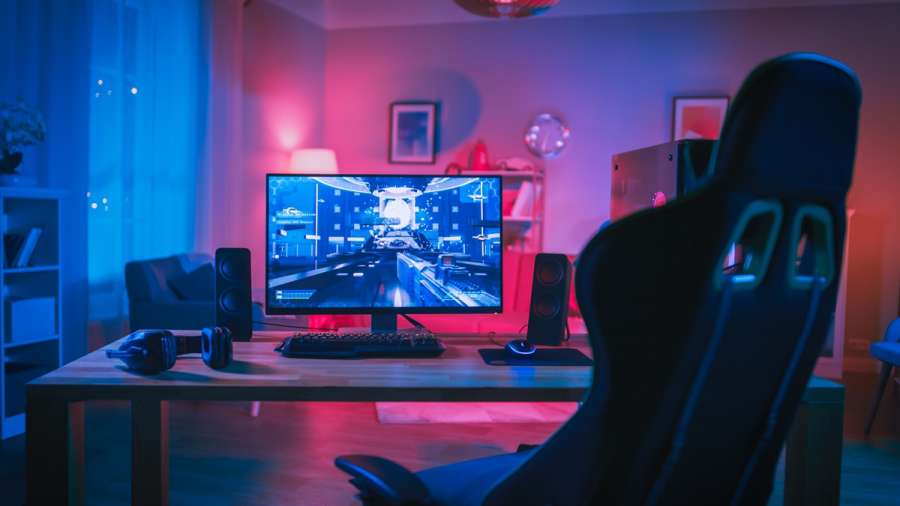Gaming is a lucrative technology industry in the UK. In 2022, the sector grew to a value of £62 million and is expected to have grown again in 2023.
Children and young adults comprise a substantial section; earlier this year, Ofcom reported that nearly 90% of children in the UK play video games.
Research undertaken by Ipsos MORI for Parentzone found that nearly half of children (49%) believe online games are only fun when you spend money, and over 76% believe online games try to make them spend money; it’s easy to see why this makes for concerning reading.
Online spaces are developing rapidly, and it begs the question of whether it is possible for regulation to keep up with this speed, particularly to protect children from dangerous online practices.
After initially taking a back seat in favour of industry-led innovation, earlier this year, the Government worked with Ukie to publish a set of principles and guidance to govern the use of paid loot boxes in games.








